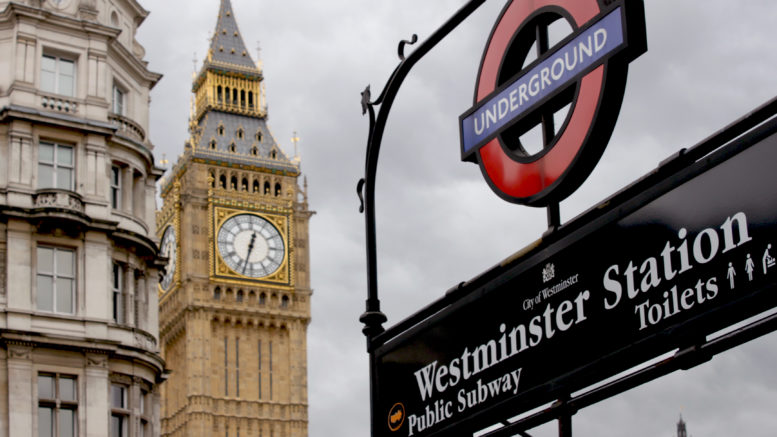Westminster City Council has voted to dramatically expand its selective licensing scheme, forcing the majority of private landlords in the borough to obtain new property licences-despite strong objections from the industry.
From later this year, 15 out of Westminster’s 18 wards will fall under the new licensing framework, covering thousands of privately rented homes. The policy, signed off by Labour-led councillors following a public consultation, excludes only Houses in Multiple Occupation (HMOs), which are already regulated under separate licensing schemes.
The move has sparked concern among landlords, who see the expansion as yet another layer of red tape in an already burdensome regulatory landscape. “The selective licensing scheme is about supporting responsible landlords,” insisted Councillor Matt Noble, Westminster’s Cabinet Member for Housing. “It’s about ensuring that every resident in Westminster has access to safe, secure, and well-maintained housing.”
Industry voices sidelined during consultation
Yet critics argue the council has pushed forward while ignoring key concerns. The Westminster Property Association (WPA) raised flags during the consultation, including the risk of duplicating the incoming national landlord registration scheme proposed by the UK Government.
“The additional regulatory burden could lead to landlords exiting the market,” the WPA warned, “further reducing the already stretched supply of rental properties.” Their concerns, however, were seemingly brushed aside by council officials eager to press ahead with the plans.
This isn’t the first time Westminster has courted controversy with its housing policies. In recent years, it has moved to ban estate agent boards and proposed the requisitioning of the borough’s 11,000 empty homes-measures seen by many as heavy-handed and anti-landlord in tone.
Fees rise, but landlords offered limited relief
Under the new licensing rules, landlords will face a typical fee of £995 per property, paid in two stages. While Westminster is offering some financial relief-10% off for accredited landlords, 20% off for those with EPC ratings of B or higher, and a £125 discount for landlords who hold multiple leases in the same freehold-the overall cost remains significant, particularly for portfolio landlords operating in the capital’s most expensive borough.
Failure to comply could prove even costlier. Westminster boasts a rigorous enforcement track record, having issued nearly 1,400 statutory notices to landlords in the past five years. Since launching its HMO licensing scheme in 2021, it’s handed down 49 financial penalties.
“Licensing schemes are meant to target rogue landlords,” says Lettings agent and landlord advocate Clare O’Connell. “But what we’re seeing is good landlords being dragged into a net of bureaucracy. The real troublemakers often dodge the system anyway.”
Is Westminster’s strategy helping or harming the market?
The council claims there are more than 6,700 private rental homes in the borough with serious hazards-equivalent to 43% of the total PRS stock, one of the highest proportions in the capital. Yet many landlords question the accuracy and motivation behind such figures.
“I’ve rented properties in Westminster for 25 years,” said local landlord James Harris. “My flats are immaculate, my tenants stay long-term, and I’ve never had a complaint. But now I have to fork out thousands to prove I’m not a criminal? It’s insulting.”
Others point out that Westminster risks pushing landlords out of the sector entirely-an outcome which could intensify the affordability crisis renters already face.








